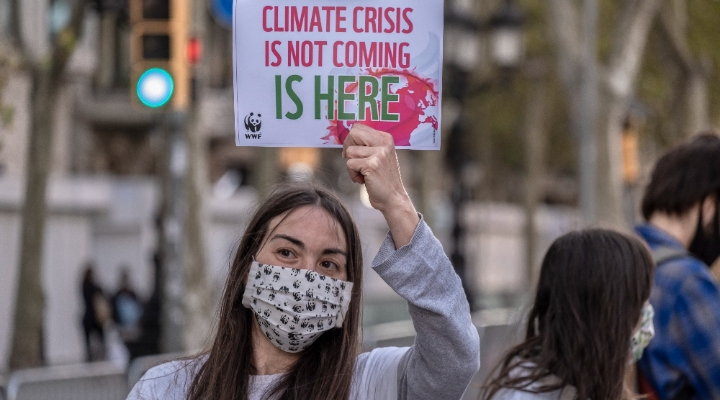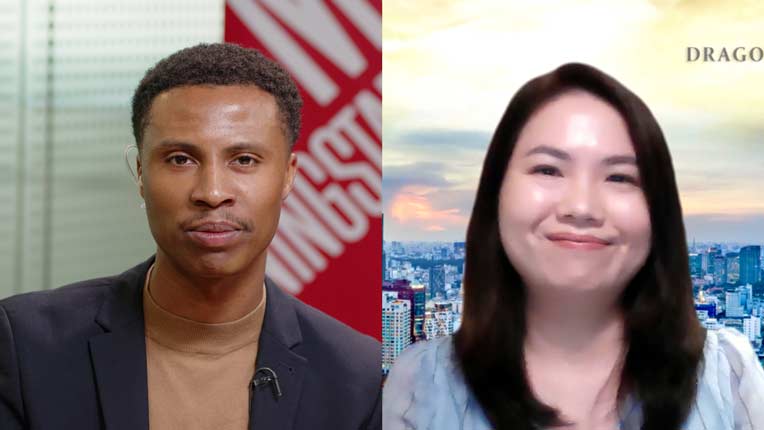Valerio Baselli: Welcome to Amsterdam and the Morningstar Sustainable Investing Summit 2023, where the asset management industry gathers to discuss ESG investing. Joining me now is one of our speakers, Florent Griffon. He is a senior responsible investment specialist at Degroof Petercam Asset Management.
So, Florent, what are you looking at when you have to decide to invest or not in a company through a sustainability lens?
Florent Griffon: So, it's important to look first at environmental, social and governance aspects to cover the whole scope, I would say, of risk and opportunities. We'll obviously look at the sector, let's say, specific risks and how the company is handling them in terms of good practice and so on, so how it is reducing the ESG risk throughout these practices. Increasingly, we are looking at what we call impact, so to what extent the company's products and services are contributing positively or negatively, but then we will not invest, in, let's say, environmental and social risk and opportunities. So, it's important because it's also a way to detect nice investment opportunities, to have this convergence of the financial and environmental and social aspects, and at the same time to reduce also the subjectivity that you can have when you look at policies and good practices. So, impact is increasingly important to us.
VB: Absolutely. We know that climate is king when it comes to ESG investing, but it's not all of it. One of the challenges we hear frequently about non-environmental ESG data is that it's lacking quality and consistency. Do you share this vision and if so, how do you overcome this?
FG: So, it's true that by nature on the social pillar the information we get is more qualitative in nature. The quantitative information exists, but it's often a bit less robust. It's the quality is a bit lower. That's true. That being said, it's possible to overcome that. So, you can look of course at ESG controversies, how often they come up, so the frequency, the severity of it. You can look at the associated litigation costs in terms of fines and settlements. Compare that to the revenues or EBITDA of a company, for instance. And then, there are all sorts of, let's say, more traditional quantitative metrics. You can look at the staff turnover rate, the training hours per capita and staff members, and also the quality of this training, for instance. You can look at the (last order) data, for instance, when it comes to human capital and be a bit more creative there, looking at alternatives. There is a whole sort of data about occupational health and safety, for instance. So, it's possible to find some complementary metrics, and this way to have a holistic view on the social pillar as well. So, harder but possible.
VB: All right. Finally, the theme of the conference is to close the gap. But if we don't close the gap to 1.5 degrees warming by 2050, what are the ramifications for businesses and investors in your view?
FG: So, what we see is that the world of ESG is evolving very quickly. So, what is nowadays, let's say, nice to have policy and nice to have efforts in terms of climate or other ESG risk and opportunities may become requirements from regulation a few years later. So, if all the scientists in the world are correct, obviously we are not on track in terms of climate targets at a global level. That means that we'll have tougher and tougher regulations in the future. That means that companies have to anticipate on that and prepare themselves for a low carbon world.
So, what is nowadays nice to have in the future would be compulsory, both for regulation and in terms of opportunity for the companies to continue operating. So, if the companies want to keep their license to operate and also to retain good relationship with the different stakeholders, they have to anticipate on these risks. It becomes material very quickly on the short to mid-term. They cannot afford to stand still and rest on their laurels. It's a quickly evolving environment and they have to adapt to it.
VB: Very clear. Thank you so much, Florent. For Morningstar, I'm Valerio Baselli. Thanks for watching.




























